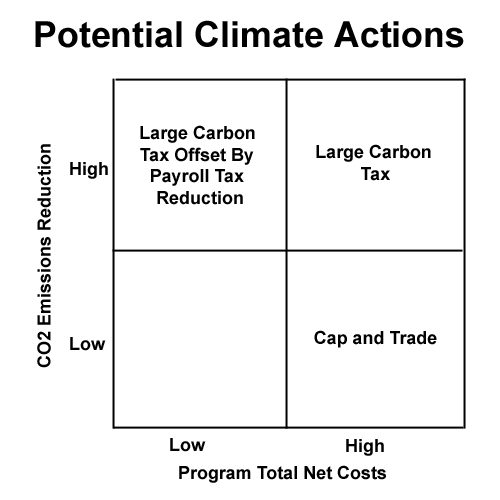I really thought the Norwegians couldn' t fall much further into absurdity when they gave Al Gore the Peace prize for producing a movie that turned out to be mostly wrong (one may still argue for catastrophic anthropogenic global warming, but almost no one uses the specific evidence any more that Gore used in his movie).
But I underestimated the Norwegian's tolerance for absurdity. You see, these guys really don't like George Bush. Now, I am not a big fan of the man's presidency, but the Peace prize folks went further, using their prize to tweak Bush when they had the chance. The best example was the 2002 prize for Jimmy Carter, who was awarded the prize mainly for undermining Bush's foreign policy approach to North Korea.
But it turns out that the Norwegians really really didn't like George Bush, for this year they have given the Nobel Peace Prize to Barack Obama, who's only discernible accomplishment is that he replaced the hated George Bush.
This is perhaps the worst possible thing that could happen to Obama at this moment. Just when he was being pushed into the realization that maybe he couldn't accomplish things just by flashing his aura in front of detractors, along comes the Nobel Peace Prize to compliment him on the brightness of his aura.
A while back, I commented on the disparity of coverage between Norman Borlaug's death and Teddy Kennedy's, and observed what a mismatch the coverage was vs. the relative level of their accomplishments. Obama's joining Borlaug as a Nobel Peace Prize recipient just highlights the same contrast between a man who saved hundreds of millions of lives in quiet obscurity and man whose main accomplishment is parlaying a rich speaking voice and looking good in a suit into worldwide fame.
Postscript: For those that don't know, the Nobel peace prize is not awarded by an international committee of some sort - it is chosen by a group of Norwegian politicians that are selected by the Norwegian parliament. Imagine if our Congress was tasked with giving out such a prize what a hash they would make out of it. I must say that about 50% of the time the Norwegians make a good (or at least reasonable) choice, which is probably better than Congress would do.
Update: Maybe it was a grammar mistake -- they thought "to the person who shall have done the most" in Nobel's charge was future tense.
Update #2: Along the same lines, this is funny:
In a stunning announcement, Millard Fillmore Senior High School chose Shawn Rabinowitz, an incoming junior, as next year's valedictorian. The award was made, the valedictorian committee announced from Norway of all places, on the basis of "Mr. Rabinowitz's intention to ace every course and graduate number one in class." In a prepared statement, young Shawn called the unprecedented award, "f"â€ing awesome."
At the same time, and amazingly enough, the Pulitzer Prize for Literature went to Sarah Palin for her stated intention "to read a book someday." The former Alaska governor was described as "floored" by the award, announced in Stockholm by nude Swedes beating themselves with birch branches, and insisted that while she was very busy right now, someday she would make good on her vow to read a book. "You'll see," she said from her winter home in San Diego.
And again in a stunning coincidence, the Motion Picture Academy of Arts and Sciences announced the Oscar for best picture will be given this year to the Vince Vaughn vehicle "Guys Weekend to Burp," which is being story-boarded at the moment but looks very good indeed. Mr. Vaughn, speaking through his publicist, said was "touched and moved" by the award and would do everything in his power to see that the picture lives up to expectation and opens big sometime next March.
Update #3: I think, all kidding aside, Jonathan Adler has the right explanation for the Nobel Committee's logic. They supported Obama's (stated) goals and philosophy in foreign policy and wanted to help him by increasing his prestige with this prize. My gut feel is that the prize (which Obama has now accepted) will actually be a hindrance. First, some will harbor resentment, as the prize to a President with no accomplishments is just another example of special treatment of the US and a de facto acknowledgment of American exceptionalism - the prize is saying in fact the America President matters a lot, which other leaders resent. Second, the prize may circumscribe his room to maneuver. Peace prize winners are not supposed to call in air strikes and send in troops (yeah, I remember Kissinger), but any package of international actions to curb rogue states will likely require both a carrot and a stick.


